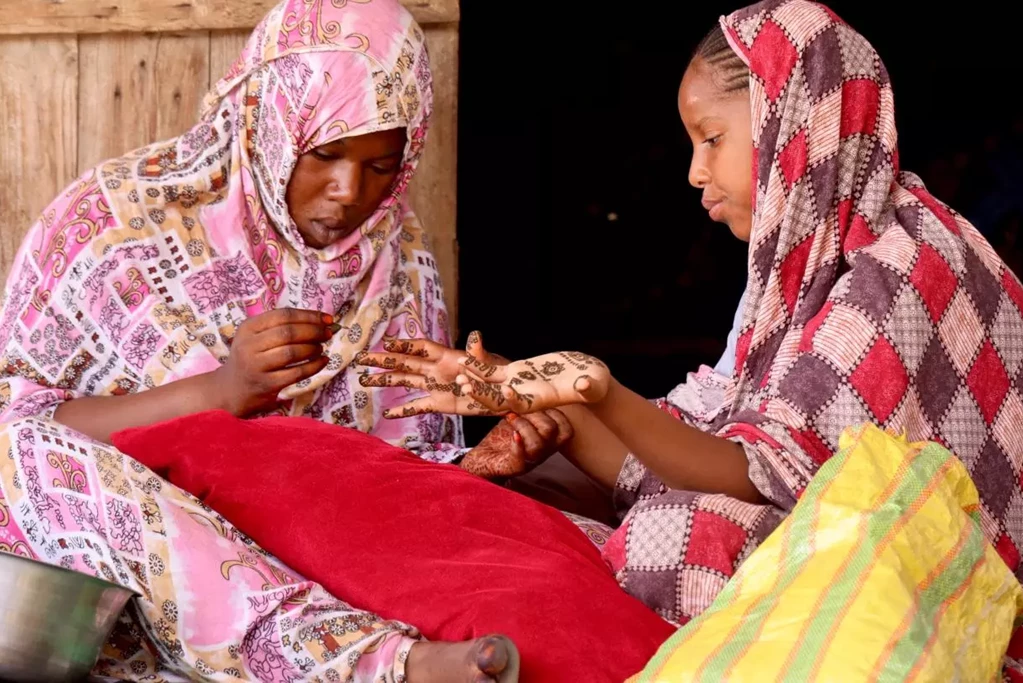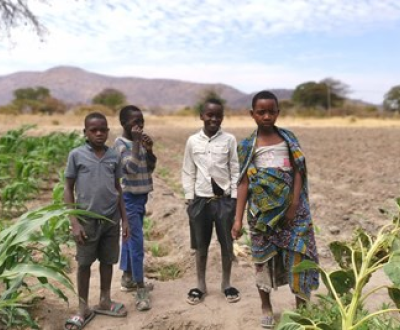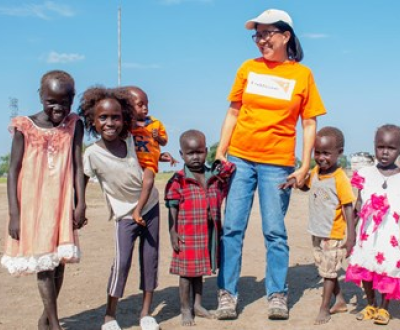In 2021, World Vision launched the ‘Listening to Child Brides’ research, carried out in Bangladesh, Mauritania, Nepal, and Tanzania, with the overarching aim of identifying the experiences and needs of married girls and young women.
The concept of girls’ agency — ‘the ability to define one’s goals and act on them’— is increasingly important in understanding child marriage, from how marriages are entered, to how married girls and young women experience their marriages. Narratives surrounding child marriage often reinforce the idea that girls entering or in these marriages do not have full agency, and legal constructs that differentiate childhood from adulthood reinforce this idea. However, recent studies have highlighted considerable variation in girls and young women’s levels of agency, and understanding the complexities around how girls and young women exercise their power within or outside marriage is essential to better understand how to support girls and young women.
This report aims to do just that and to more fully recognise the experiences and needs of girls and young women who are already married. By better understanding girls’ agency and experiences, policymakers and programme implementers can craft creative ways to ensure that unmarried girls and young women are able to achieve their aims through alternatives to marriage, as well as better support already married girls and young women. It is only by truly listening to girls that we will be able to support both married and unmarried girls and help protect their educations and childhoods. The findings of this study paint a picture of girls struggling with a high risk of violence and negative traditional gender roles while attempting to find a better situation for themselves.



